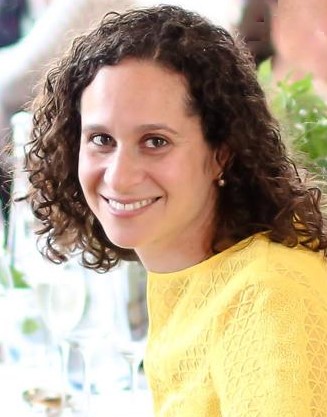The Carbon Majors inquiry comes to London

On 6 to 8 November 2018, LSE will be hosting the UK hearings of a path-breaking inquiry seeking to attribute the impacts of climate change to the world’s largest fossil fuel and cement producers.
The inquiry was initiated in 2015 with a petition by a group of Filipino citizens and civil society organisations, after a series of particularly violent typhoons hit the Philippines, causing widespread loss of life and damage to property and livelihoods.
The petitioners asked the Philippines Human Rights Commission to investigate the responsibility of the so-called ‘Carbon Majors’ for human rights violations resulting from these impacts. Their arguments rely on a study by Richard Heede, which attributes the majority of cumulative global carbon dioxide and methane emissions since the Industrial Revolution to the largest producers of crude oil, natural gas, coal and cement.
Like other national human rights institutions, the Commission has a constitutional mandate to investigate allegations of violations of human rights, but does not have the power to provide compensation to victims. It can, however, declare that human rights have been violated and provide recommendations on how to address and redress the violations it detects. The fact that none of the Carbon Majors is headquartered in the Philippines, however, makes its work rather complex.
The inquiry gathers pace
Some of the Carbon Majors challenged the Commission’s authority to hear the petition. Undeterred, the Commission took up the gauntlet, establishing an important precedent for a national human rights institution investigating the human rights responsibilities of corporations not headquartered in the territory of the state where the investigation takes place.
During 2018, experts from around the world have submitted briefs in support of the petitioners and a series of public hearings have already taken place. While the Carbon Majors have not so far taken part in the hearings, the Commission has heard from victims of typhoons and a series of expert witnesses on climate change and human rights. Overseas sessions, in New York and London, have been scheduled with the aim of bringing the investigation closer to the Carbon Majors’ headquarters and to spread awareness about the process.
The Commission’s hope is to help ‘establish processes for hearing human rights victims especially with regard to trans-boundary harm, clarify standards for corporate reporting and help identify basic rights and duties relative to climate change’.
For the London hearings, the petitioners have confirmed their attendance and submitted a list of witnesses and experts. The Commission has also invited a number of experts who will address matters of climate attribution science, human rights and corporate responsibilities.
Global significance of the hearings
Should the investigation acknowledge that the Carbon Majors are responsible for the impacts of climate change, it may spark a domino effect, similar to that witnessed in relation to litigation for harm caused by tobacco: once a sufficient causal link is established, it may be only a matter of time before courts start to award damages to victims. The Carbon Majors are already being brought to court in the US and in Germany for damage caused by climate change.
The outcome of the Carbon Majors inquiry therefore resonates well beyond the Philippines and may mark a milestone in the history of climate change litigation worldwide.
Annalisa Savaresi is a lecturer in Environmental Law at the University of Stirling and Joana Setzer is a research officer in Governance and Legislation at the Grantham Research Institute. The views in this commentary are those of the authors and not necessarily those of the Grantham Research Institute.
Following or attending the hearings
You can follow the hearings live here. To find out how to attend in person, please contact gri.events@lse.ac.uk by Friday 2 November, indicating if you would like to attend on 6 or 7 November, and a preference for the morning or the afternoon session.
Human Rights and Climate Change event
The Grantham Research Institute and the LSE Department of Law will jointly host a public event, Human Rights and Climate Change, on 8 November, the last day of the hearings.
Student competition – what recommendations would you make?
During the hearing, the London School of Economics and Political Science and the University of Stirling will launch a competition to support the drafting of the Philippines Human Rights Commission’s recommendations.
Details of how to enter are available here.

